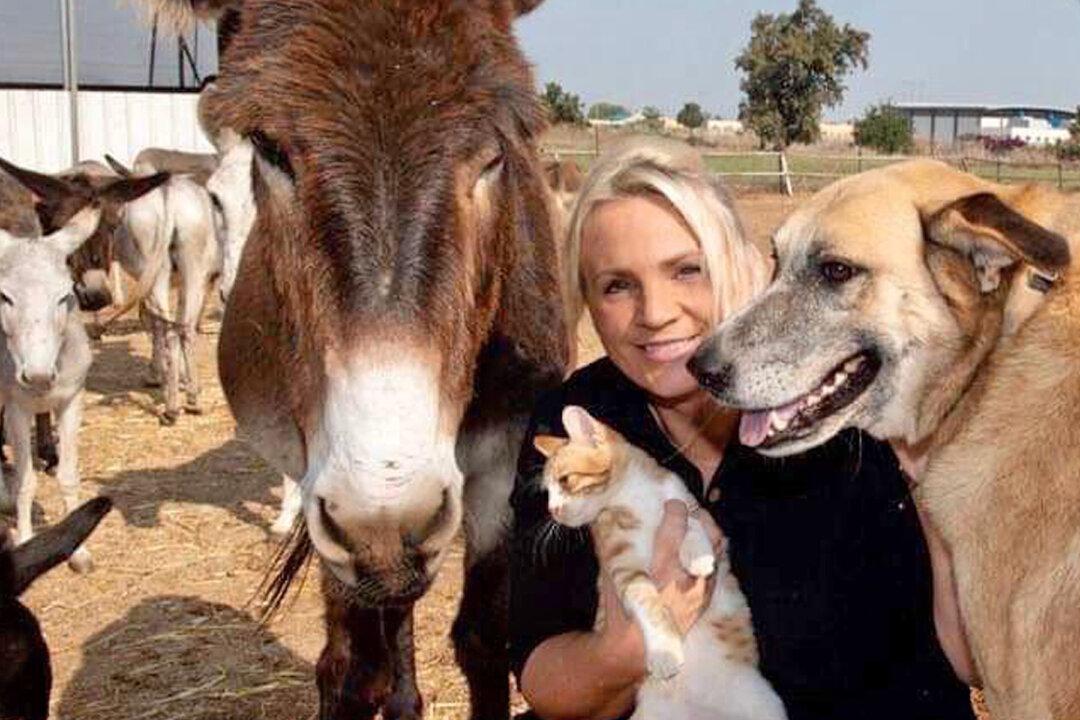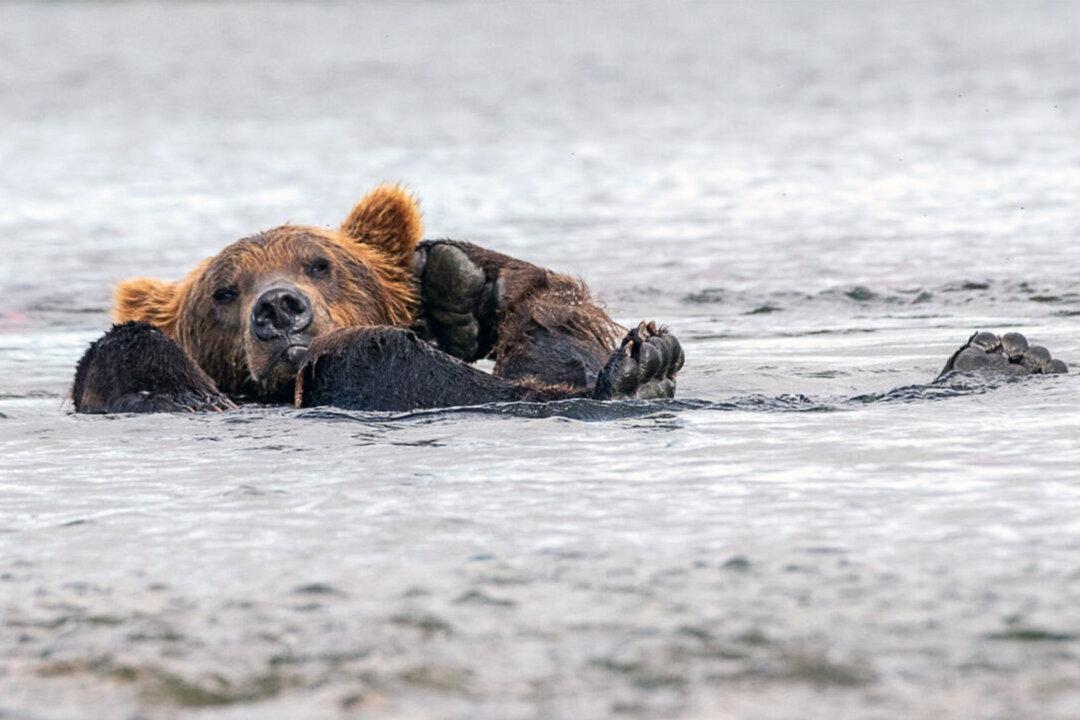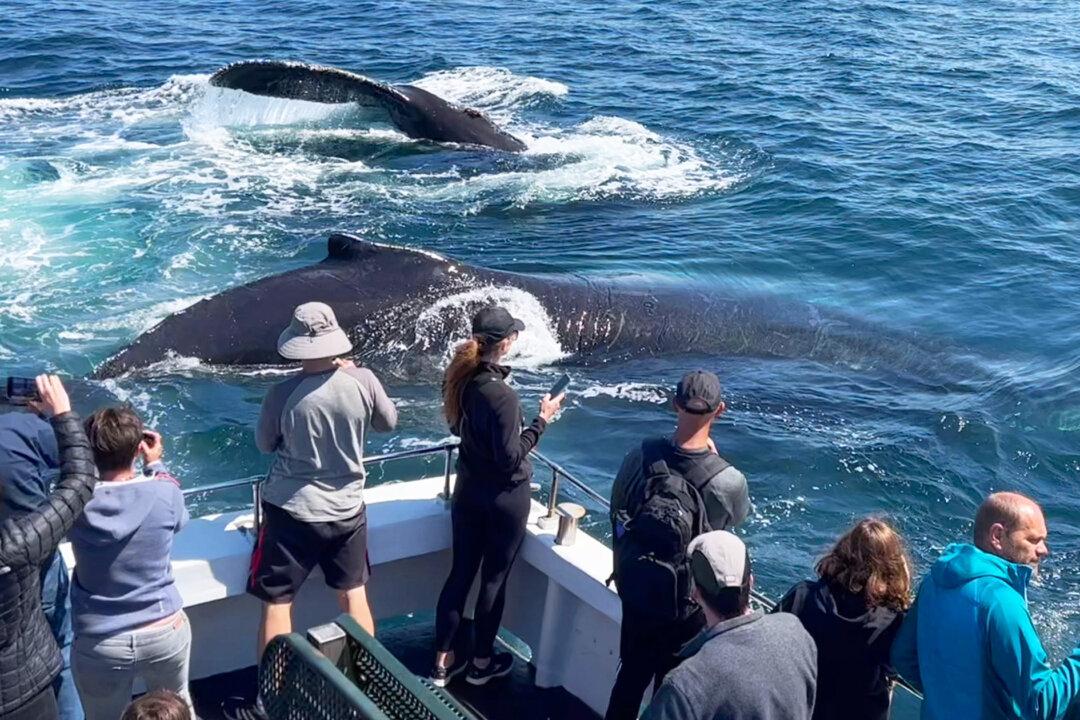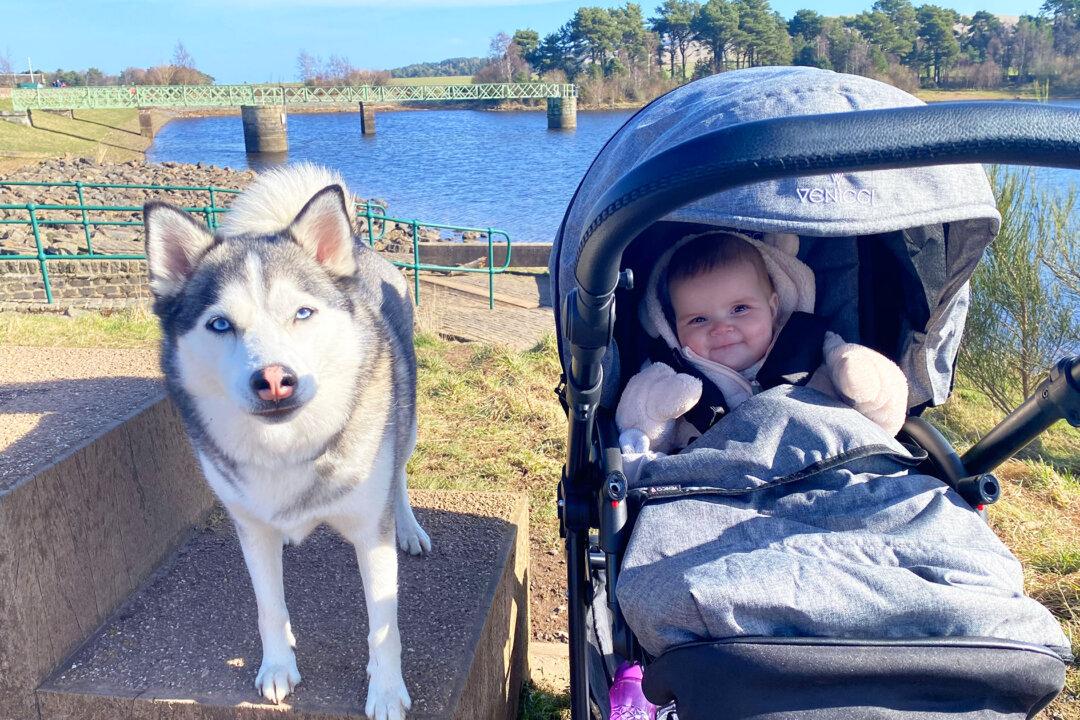A British animal lover has dedicated her entire life to saving emaciated, abused, and sick donkeys. She has been spending up to $7,800 per month to care for the animals on her very own sanctuary in Israel.
Lucy Fensom, 49, from Brighton, England, has gone above and beyond to nurse the neglected donkeys back to good health abroad. The animal lover was first drawn to these animals in Jerusalem, Israel, in 2000, whilst traveling. However, Fensom never left, and set up her own donkey sanctuary, which is spread on over 3 acres of land.





